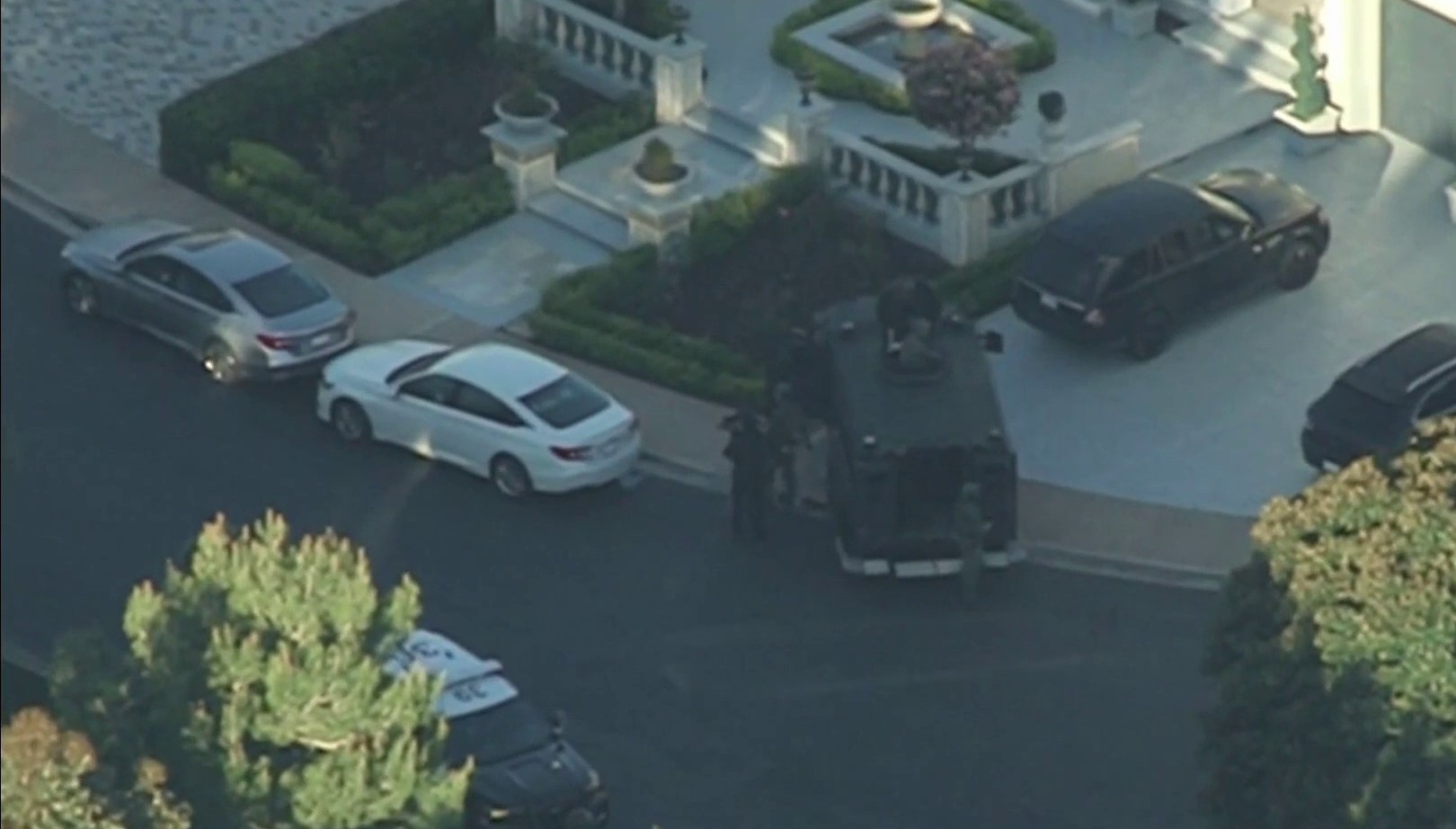SACRAMENTO, Calif. -- President Barack Obama handed California an environmental victory Monday by endorsing a key part of the state's greenhouse gas reduction plans.
He also gave a public salute the Golden State, offering a clear sign that liberal-leaning California can expect a friendly relationship with his administration after eight years of clashes with former President George Bush.
"California has shown bold and bipartisan leadership through its effort to forge 21st century standards, and over a dozen states have followed its lead," Obama said at a news conference where he announced that his administration would revisit the Bush administration's controversial decision to deny California permission to control tailpipe emissions from cars and trucks.
"Instead of serving as a partner, Washington stood in their way," Obama said. "The federal government must work with, not against, states to reduce greenhouse gas emissions."
Obama's announcement on his seventh day in office delighted California officials who have criticized his predecessor for ignoring the state's long tradition of setting its own air standards.
"It is clear that California and the environment now have a strong ally in the White House," said Republican Gov. Arnold Schwarzenegger, who in a letter last week asked Obama to revisit the matter.
"Allowing California and other states to aggressively reduce their own harmful vehicle tailpipe emissions would be a historic win for clean air."
Local
Get Los Angeles's latest local news on crime, entertainment, weather, schools, COVID, cost of living and more. Here's your go-to source for today's LA news.
Because California began regulating vehicle pollution before the federal government did, the state has special status under the Clean Air Act to implement tougher emission standards than those promulgated by the federal government.
But the state must first get a waiver from the U.S. Environmental Protection Agency. California was granted about 50 such waivers -- and never denied -- before seeking a waiver in 2005 to implement a landmark state law that would force automakers to cut greenhouse gas emissions by 30 percent in new cars and light trucks by 2016.
The auto regulations were to have been a major part of California's first-in-the-nation global warming law that aims to reduce greenhouse gases economy-wide by 25 percent -- to 1990 levels -- by 2020. Air regulators are counting on the auto emission reductions to meet about 18 percent of the state's proposed reductions.
If California is granted an emissions waiver, other states can then choose to adopt California's standards or go with the federal ones. Thirteen states and the District of Columbia were ready to implement the California standards when, after months of delay and controversy, then-EPA Administrator Stephen Johnson announced in December 2007 that he was denying the waiver.
That sparked outrage, investigations and lawsuits from California officials. Congressional investigations led by Boxer and Rep. Henry Waxman, D-Los Angeles, found that Johnson had overruled the unanimous recommendations of career scientists at the agency.
"An immediate EPA review of the waiver decision shows respect for California" and the other states that want to follow its lead in slashing greenhouse gas emissions from vehicles, Sen. Barbara Boxer said Monday.
Although Obama's directive to his new EPA administrator Lisa Jackson -- who began her first week on the job Monday -- doesn't amount to giving the state the waiver, California officials were confident that would be the eventual outcome.
"It was a controversial decision by Steven Johnson. California has never been denied an application. This was the first. In my opinion it was transparently political," said state Sen. Fran Pavley, D-Agoura Hills, who authored the 2002 law that was the basis for California's waiver request to the federal government.
"What a difference a week makes," Pavley said.
California's proposed standards would achieve a fleetwide 35.7 miles per gallon in 2016 (cars are higher but larger trucks pull the figure down) and 42.5 miles per gallon in 2020. Those numbers are more aggressive than national fuel economy standards adopted by the federal government and relied upon by Johnson when he denied the California waiver and said a nationwide approach would be better.
Carmakers also opposed granting the waiver, contending they would face billions of dollars in new costs to meet the rules.
California, other states and environmental groups sued over the waiver denial; it was not immediately clear Monday what would become of that litigation.
According to the California Air Resources Board, California does not need to resubmit the waiver request, but instead will seek reconsideration based on the record already before EPA.



